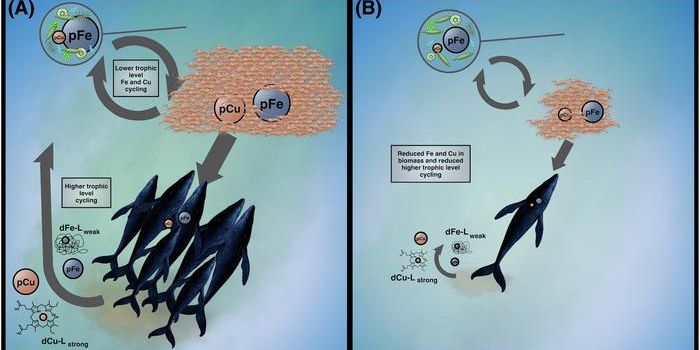This is Why You Shouldn't Mess With Beached Whales
When large whales die, one of two things can happen: 1) their bodies can sink to the bottom of the ocean and go on to support smaller life forms; or 2) their bodies can wash up on some random beach somewhere in the world. The first case is obviously the most preferred, but occasionally, the second case transpires – sometimes in large quantities.
When a deceased whale becomes beached, decomposition begins almost immediately. Gasses inside the whale’s body begin to bloat the carcass, and the Sunlight’s heat only exacerbates this gruesome process. As the gasses expand in the deceased whale’s body, the only barrier between it and the outside world becomes the whale’s skin, and at some point, the skin will give.
Beachgoers are always advised to stay far away from, and not touch, a deceased beached whale. This is because when the gaseous pressure inside the whale builds up to dangerous levels, it can have ‘explosive’ consequences. Even the slightest poke can disrupt the delicate barrier between those trapped gasses and you, and if it pops in your presence, it can result in devastating or lethal injuries.
Related: Blue whales' heart rates drop dangerously low during deep dives








